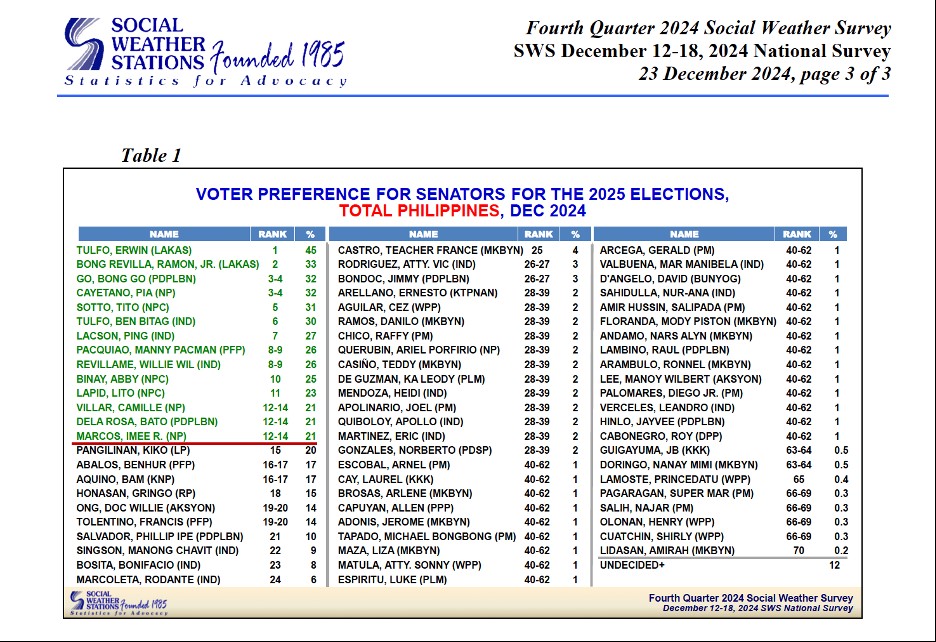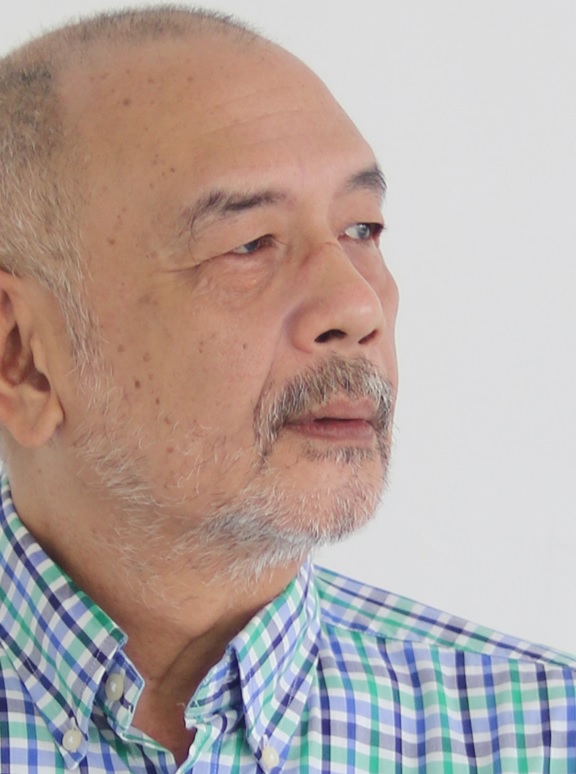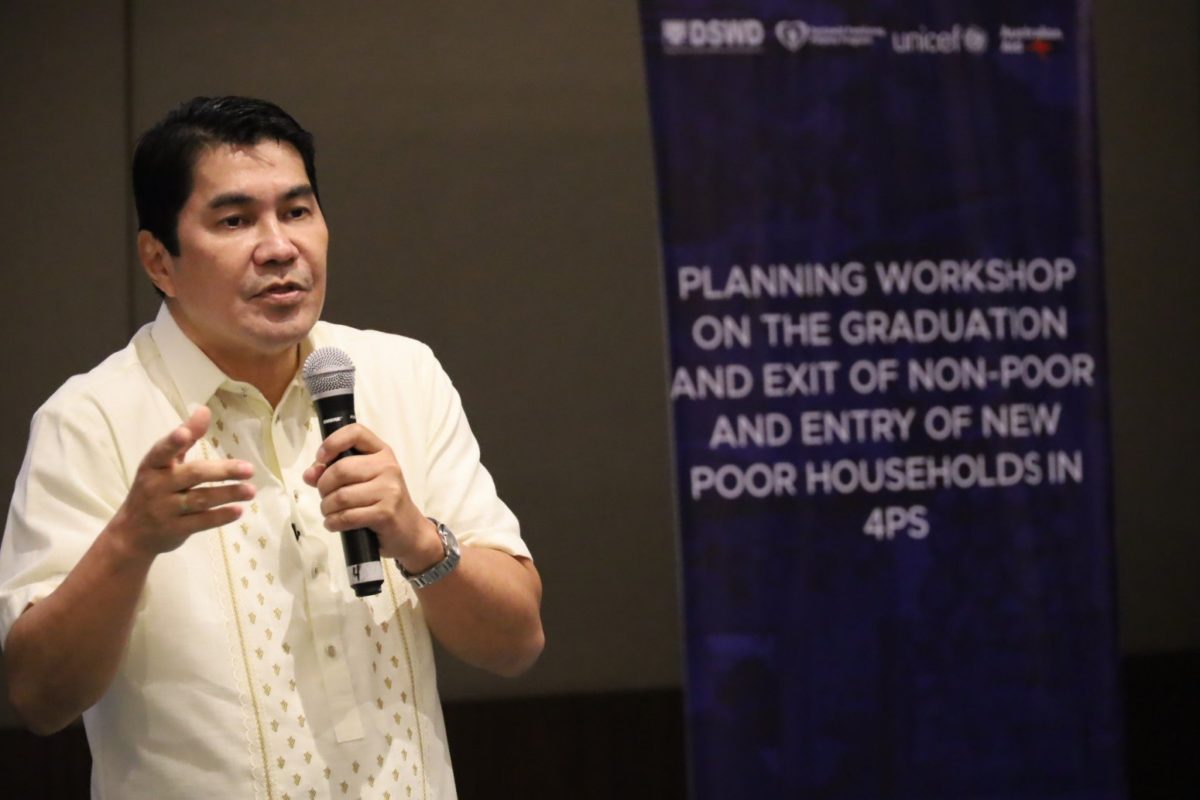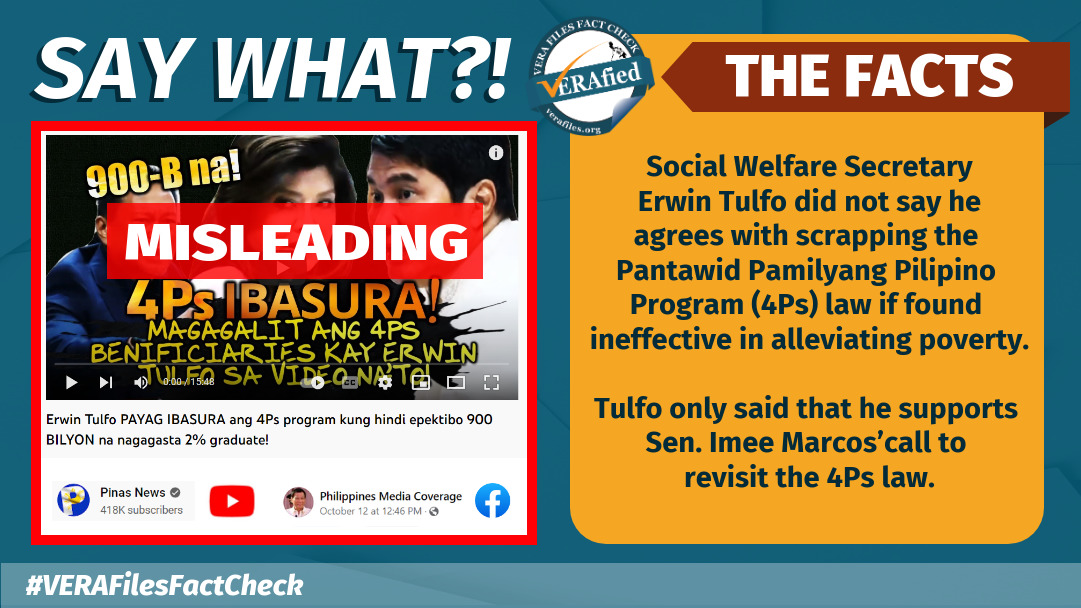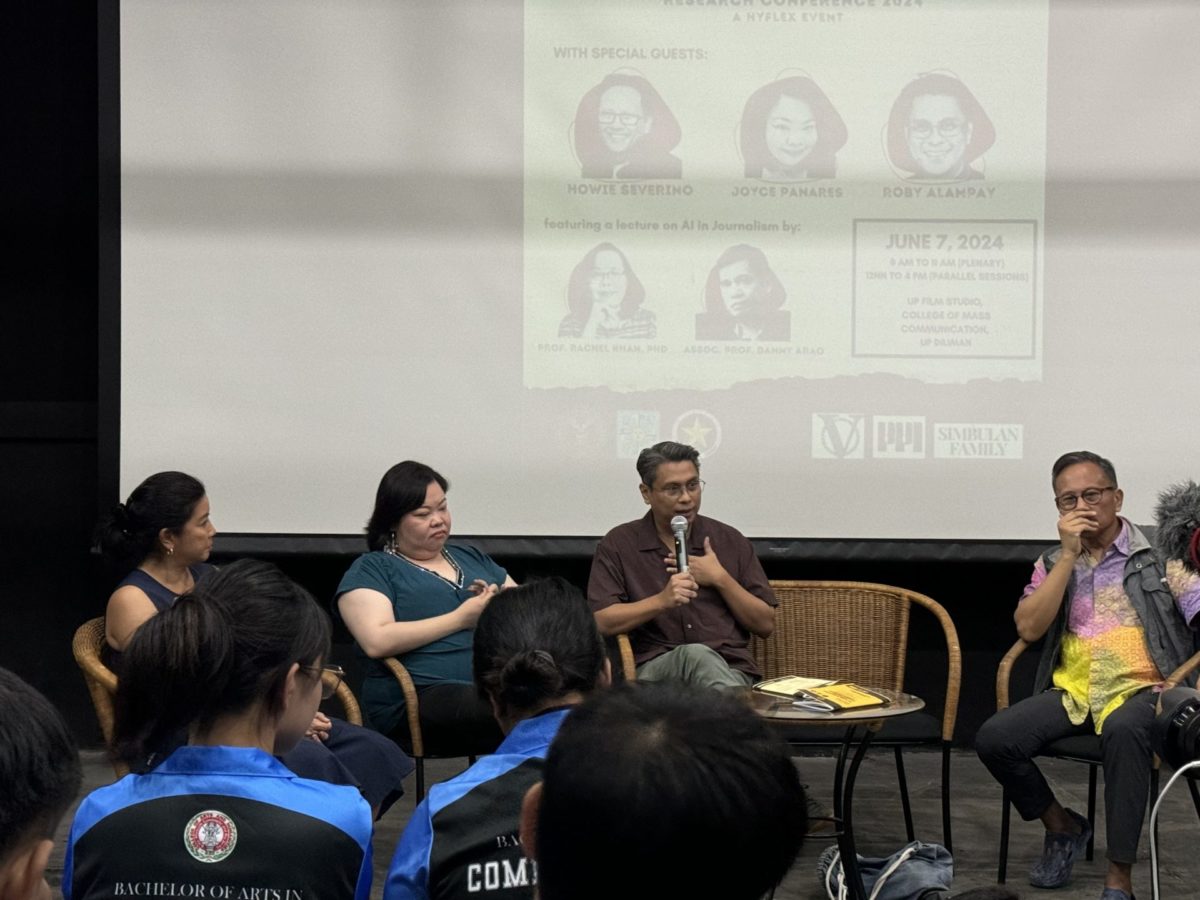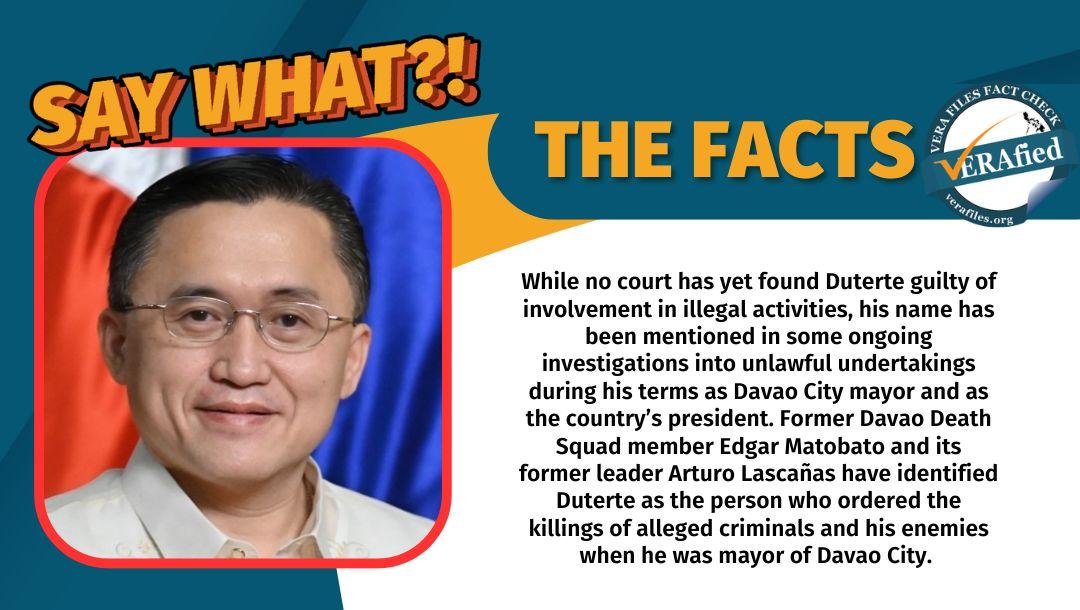Has populism changed Philippine elections?
In the old norm, the candidate’s background and experience were primary yardsticks. Current indicants say that norm is now passé. The Philippines is not only on the precipice of turning its elections into populist exercises, it has in fact become populist. The 2016 presidential election was a case in point.
It is no longer debatable that Rodrigo Duterte won on a populist tide aided no less by fake news and troll armies. His soaring popularity persisting after he became president, he then leveraged his troll-driven populist advantage. He filled the senate with his most trusted lieutenants that decades ago could not have landed any seat in the senate because the only policy they espoused was to be loyal to Duterte by hook, by crook and by idiocy. That was how Bong Go and Bato dela Rosa won in 2019, and Robin Padilla in 2022.
There was nothing exemplary about Bong Go. His only job was as Duterte’s personal aide since 1998, oftentimes including buying gasul for Honeylet’s kitchen. But populist voters, convinced with the fake news that Duterte’s integrity was more than virtual, looked at Go as the perfect Duterte alter ego. It was the same for Bato dela Rosa. Voters were never bothered about his role in extrajudicial killings, even if the Philippine National Police, whose duty did not include EJKs, perpetrated his tough persona (his senate performance showed otherwise).
The populist framework comes to mind, as we are about to elect the game show host and comedian Willie Revillame to the Senate. Revillame is said to be the biggest gainer in the last survey of Pulse Asia in November. In the September survey, his name was not on the list presented to 2,400 respondents. But in the November survey, he shot up to 5th place with a likely voting percentage of 43 to 46%. Analysts say he could land anywhere from 5th to 9th place if the elections were held today.
If Revillame will win, the factors would be his trademark jackets, stacks of cash, and irresistible prizes he gives away in his shows, all in the name of “charity” for the poor and the cheap comedy his participants are laughed at. Yet the same guy has no qualms reprimanding his staff before live cameras. His live tantrums are legendary.
In a March 12, 2011 episode of Willing Willie, Revillame made fun of a 6-year old boy that he had asked to do a lascivious dance performance. The Department of Social Welfare and Development raised hell that it constituted child abuse. The Commission on Human Rights said Revillame violated the law. In October 2015, the Court of Appeals ordered his arrest and prosecution. Revillame posted bail.
So what legislative work can Revillame do as a senator? The possibilities for scandals are even more daunting than Robin Padilla combing his moustache during sessions and gobbling up the snacks of the senate hearings, not to mention Mariel Padilla using the senate for her gluta drips and posting it on Instagram.
When we see who the other big gainers are, the trend for populism is very unsettling. They are men of the same lack of caliber and no record of probity. Erwin Tulfo is a fraudster says the US Embassy in Manila. His brother Ben Tulfo was the one who “stole” the P60-million from government in 2019, said his brother Mon. In terms of reputation, what probity can Bong Go offer for his subservience to Duterte? Bong Revilla is of the same mold.
These are men who look up to the senate for the wrong reasons — not for noble legislative work but for the celebrity status it affords them. And then there’s the senator’s pork barrel. Interviewed on TV, Revillame admitted he had no legislative agenda, hence no readiness for the standards of public office. There was a critical backlash, but apparently this did not dent his showing in the surveys.
He said he consulted “key political figures” for his aspirations. Giving him counsel were Sara Duterte, Bong Go and Raffy Tulfo. All three were positive on his senate run. All three are populist figures.
Several studies have been published corroborating that these patterns are in fact identified with populism. One by Gilles Serra (political scientist, Mexico) published in the Journal of Theoretical Politics (2017), used two models – a populist candidate with little government experience but has high charisma, and a candidate with much government experience but low charisma. Serra found that an inexperienced candidate more likely wins because of popular discontent with the political status quo. Note that this was one explanation offered for the rise of Rodrigo Duterte in 2016.
Candidates like Revillame and the Tulfos are extremely charismatic to voters because of the impression that “they aid the poor faster than government does.” Bong Go’s Malasakit Centers have the same attraction to voters. But do these aids eradicate poverty? There the trade-off clearly fails, but voters “bobofied” by populist allure do not see that.
It appears in fact that the Philippines now has populist voters. A study done only recently in March 2022 by Alessandro Nai of the University of Amsterdam School of Communication Research and published in Science Direct hits the nail on the head. His assessment was tested on a wide-scale worldwide, looking at national elections in 22 countries.
Nai secured a pale portrait: populist voters are significantly more likely to appreciate candidates high on what he calls the Dark Triad of personality traits: narcissism, psychopathy, Machiavellianism. Narcissists, for instance, increase the likelihood of tolerating unethical behavior among subordinates. As a result, the performance of dark candidates in public office after they win manifests a low correlation to check and balance. They may not see corruption as corruption even if perceived on a large scale by the public. These sound very familiar in the current Philippine setting.
Nowadays, it is common to hear lamentations that the senate has no more stature of the likes of Lorenzo Tañada, Jovito Salonga, Ninoy Aquino, Jose W. Diokno, Geronima Pecson, Eva Estrada Kalaw and Claro M. Recto. Sadly, they are no longer the models. What populist voters instead gravitate on are positive perceptions of dark candidates, even if they have a tarnished image, Nai argues.
Nai suggests that voters too have become dark voters. Would that be a possibility in the Philippine context? If we consider the low premium today on developing good ethical and moral values by our education sector, then we have dark voters voting into office candidates with questionable and sullied backgrounds, as becoming The norm.
The polarization has been done. Can it be undone?
The views in this column are those of the author and do not necessarily reflect the views of VERA Files.
